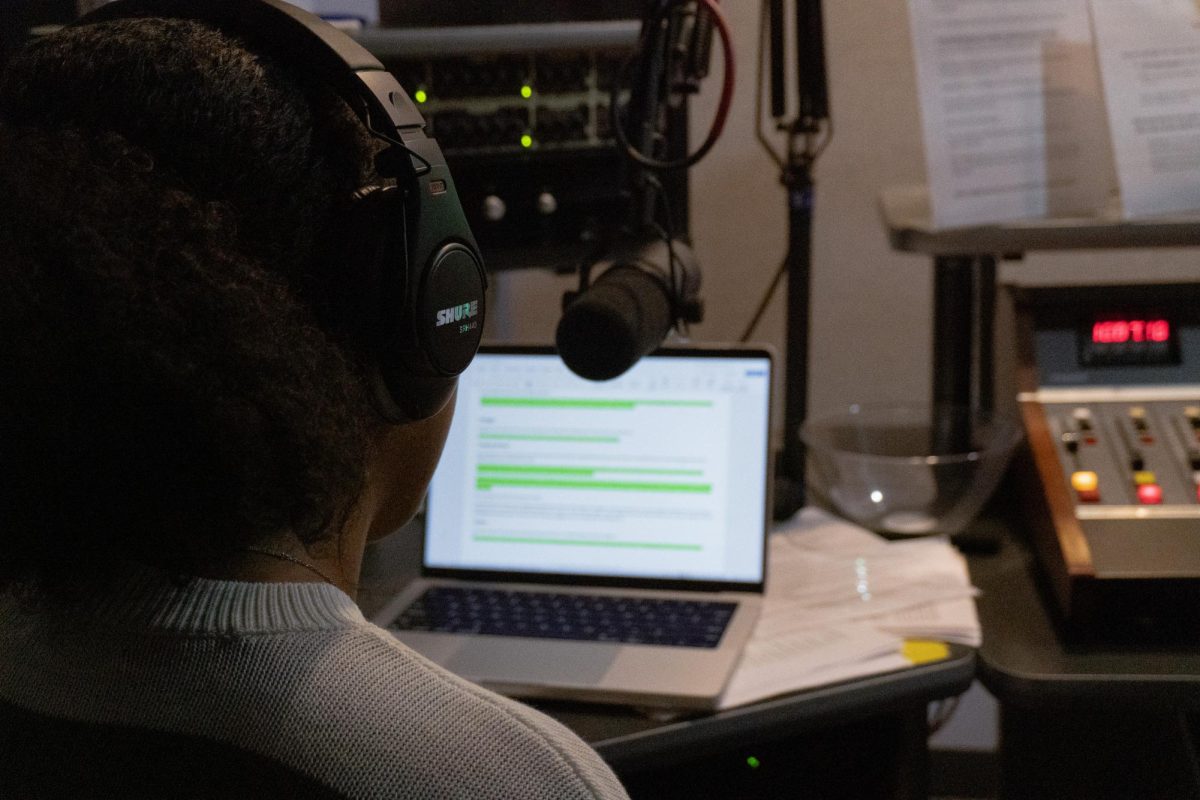I am a huge airplane enthusiast. In my home state of New Jersey, I was always fascinated by them. My house was near the final approach for planes coming into Newark International Airport. As a child, I loved to look out my window and watch all the United, Southwest, Delta, and American planes as they prepared to land at Newark. Whenever I took a flight, I always insisted on getting a window seat—a habit I still retain to this day. I love to gaze out during taxiing or landing and watch the parade of airplanes that navigated the tarmacs of airports. The colorful liveries, the unique designs. I loved gawking at all the models of planes from my window seat—Airbus, Embraer, McDonnell-Douglas, Bombardier, etc.
However, my favorite plane to look at and fly in were Boeing planes. Something about their design and aesthetic captivated me. Yet, after recent events, I have begun to question my love for Boeing and its airplanes. On March 10, 2019, a Boeing 737 MAX 8 flown by Ethiopian Airlines took off from Addis Ababa International Airport, bound for Nairobi, Kenya. Shortly after takeoff, the aircraft crashed, killing all 157 occupants.
It was the second fatal crash of the new 737 MAX 8 since the crash of Lion Air Flight 610 in Indonesia earlier in November. That crash claimed the lives of 189 passengers and crew. Now, the U.S. and several other countries throughout the world have grounded the 737 MAX indefinitely. I would never have expected that a mechanical failure could’ve caused these crashes. I had assumed it would be pilot error.
On March 17, the Seattle Times released a bombshell of an article, which suggested that the FAA and Boeing agreed to speed up the delivery of the 737 MAX in order to outdo Airbus. The article is an in-depth and thorough investigation into some shady deals going on between Boeing and the FAA. It was discovered that there was a major weakness in the plane’s flight control system. The plane’s angle-of-attack sensor is used to detect airflow between the plane’s wings. If it senses drag too much, this suggests a possible stall, and the MCAS system, the new automatic flight control system for the 737 MAX, kicks in.
It will correct the possible stall by adjusting the plane’s horizontal stabilizer in order to pitch the nose of the plane back down to a normal position. What investigators found out during the Lion Air investigation was that false information could be fed into MCAS and thus cause the plane’s nose to pitch down without the pilots knowing what happened.
It appears in the Ethiopian crash that MCAS may also be at play. When digging through the Ethiopian plane’s wreckage, the jackscrew, a part located inside the horizontal stabilizer, was found. The position of the jackscrew suggested that the stabilizer was in “an unusual position.” How could the FAA and Boeing let this crucial error slide? Has making a profit become more valuable than human lives? These events have made me question my love for Boeing planes. The next time I board a Boeing or see one taxiing or flying, I don’t know how to feel now that I have discovered this dirty little secret.














































































































Anonymous • Apr 1, 2019 at 9:44 pm
0.5